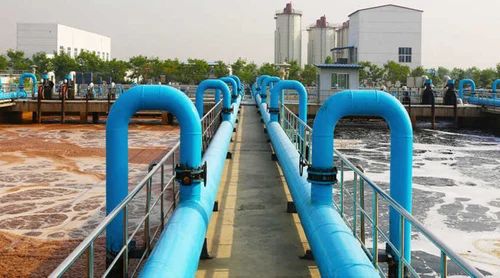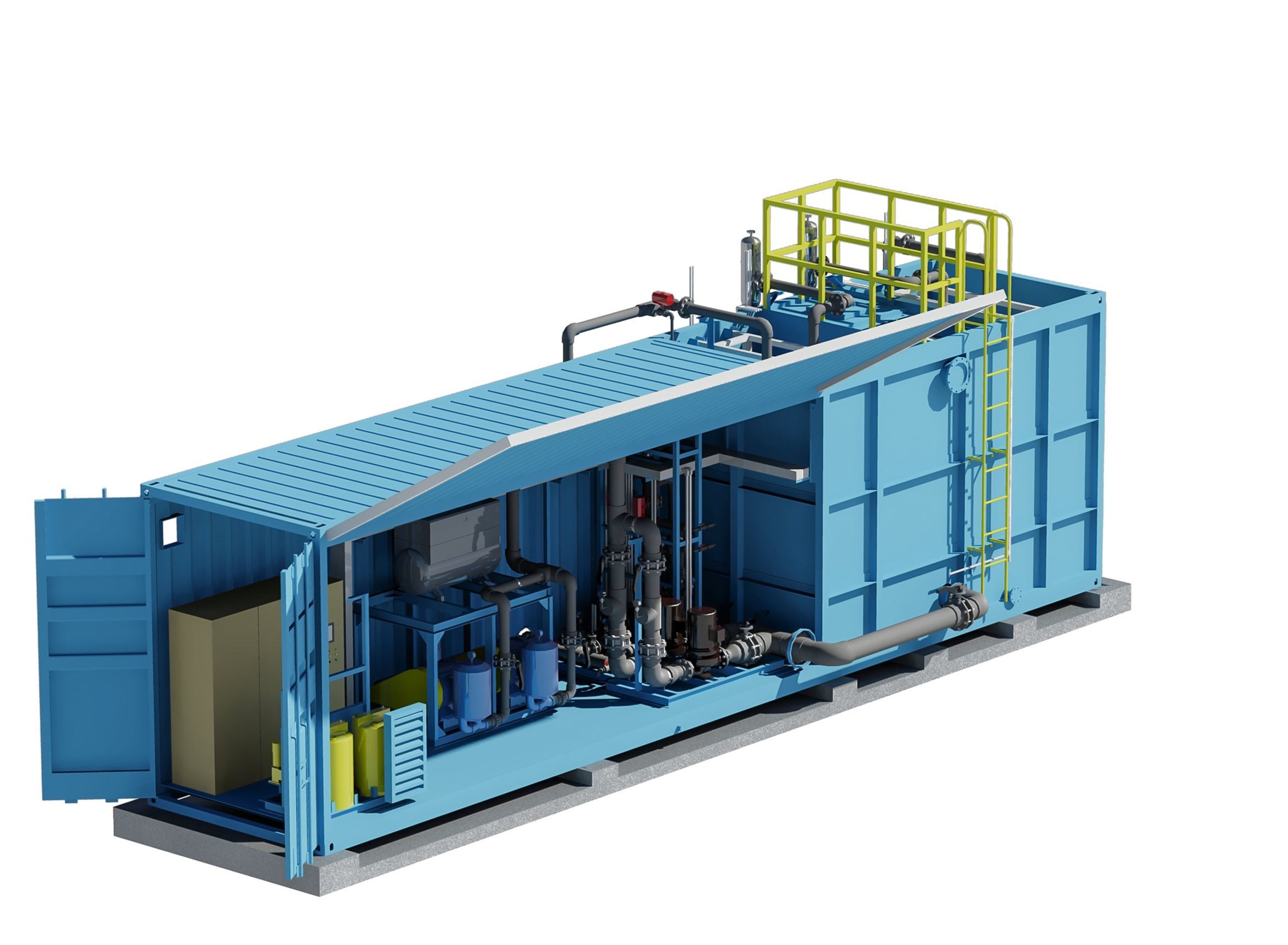Industrial Reverse Osmosis (RO) Plants are essential systems designed to treat large quantities of water to meet the requirements of industries, factories, and commercial establishments. With the growing demand for clean and purified water, especially in industrial areas, RO plants have become an integral part of Ernakulam’s industrial infrastructure. They not only ensure a continuous supply of safe water but also reduce the overall cost of water treatment compared to traditional purification methods.
In Ernakulam, where industries range from food and beverages to pharmaceuticals, textiles, and manufacturing, Industrial RO Plants play a crucial role in delivering high-quality water required for different processes. With technological advancements, today’s RO plants are highly efficient, customizable, and designed to handle varying water qualities such as saline, brackish, or contaminated water.
Customers in Ernakulam seeking Industrial RO Plants expect efficiency, durability, cost-effectiveness, and after-sales support to ensure uninterrupted water purification solutions. Below, we explore the importance, availability, and customer expectations for Industrial RO Plants in Ernakulam in detail.
1. Aquadosth
Karthik Towers, Panayikulam,
Near Millupadi Bus Stop, Aluva,
Ernakulam, 683511
2. Pure Aqua Systems
Vennala P.O,
Near Palarivattom Bypass Junction,
Ernakulam, 682028
3. Crystal Clear Water Solutions
Kaloor – Kadavanthra Road,
Near Kaloor Metro Station,
Ernakulam, 682017
4. Aqua Fresh Technologies
Perandoor Road, Elamakkara,
Opp. Petrol Pump,
Ernakulam, 682026
5. Blue Drop Water Systems
Edappally Toll Junction,
Opp. Lulu Mall,
Ernakulam, 682024
6. Hydropure Equipments
South Janatha Road, Palarivattom,
Near St. Martin’s Church,
Ernakulam, 682025
7. Clearflow Systems
Tripunithura – Seaport Road,
Near Choice Towers,
Ernakulam, 682301
8. Aquatech Water Solutions
Chittoor Road,
Opp. Town Hall,
Ernakulam, 682018
9. Freshlife Water Systems
Kakkanad Civil Station Road,
Near Collectorate,
Ernakulam, 682030
10. Oceanic Water Treatment Systems
Fort Kochi Road, Mattancherry,
Near Santa Cruz Ground,
Ernakulam, 682002
Water is one of the most vital resources for human survival, industrial development, and environmental sustainability. However, due to growing urbanization, pollution, and industrial waste, clean and safe water is becoming increasingly scarce. Water treatment plants play a crucial role in ensuring that contaminated water is purified and made safe for consumption. These plants use advanced processes such as filtration, sedimentation, chlorination, and reverse osmosis to remove harmful impurities, bacteria, and toxins. By doing so, they not only provide safe drinking water but also protect public health and maintain ecological balance.
This is where Water Treatment Plants play a crucial role. They ensure that water is purified, safe for drinking, and suitable for domestic, industrial, and agricultural use.
One of the primary purposes of water treatment plants is to provide safe and potable water. They remove harmful contaminants such as bacteria, viruses, heavy metals, and chemicals. Without these treatment systems, people would be at risk of severe waterborne diseases like cholera, typhoid, and diarrhea. Access to treated water not only improves health but also enhances overall quality of life.
Industries require large volumes of clean water for production processes, cooling, and cleaning. Similarly, agriculture depends heavily on water for irrigation. Water treatment plants make it possible to recycle and reuse wastewater, reducing wastage and ensuring a sustainable water supply for economic development. This balance supports growth while conserving natural resources.
Discharging untreated water into rivers, lakes, or oceans can severely harm aquatic ecosystems. Water treatment plants prevent this by treating sewage and industrial effluents before releasing them into natural sources. This reduces pollution, protects biodiversity, and maintains the ecological balance. In addition, advanced treatment systems promote water conservation through recycling and reuse.
Water treatment plants are found in both urban and rural areas, designed to meet the needs of communities, industries, and agricultural requirements. In metropolitan cities, large-scale treatment plants cater to millions of residents, while smaller, decentralized plants are installed in rural or industrial areas. Governments, private organizations, and environmental agencies invest heavily in water treatment infrastructure to ensure sustainable water supply. Today, treatment plants are also designed to recycle wastewater, providing a reliable water source for non-drinking purposes such as agriculture, construction, and industrial use.
Water is a necessity for survival, yet the availability of clean and safe water is not uniform across the globe. Water Treatment Plants (WTPs) have been established to meet this critical demand, but their presence and accessibility vary depending on location, development, and resources.
In most urban regions, water treatment plants are widely available and serve as the backbone of municipal water supply systems. These plants treat water from rivers, lakes, and reservoirs, ensuring it is safe for consumption. With rising populations in cities, modern water treatment technologies are being adopted to meet the growing demand for clean water.
In rural areas, access to water treatment plants is still limited. Many villages rely on wells, boreholes, or untreated surface water, which often leads to health risks. However, governments and NGOs are increasingly investing in small-scale and decentralized treatment units such as filtration systems, community-level plants, and portable purification devices to bridge this gap.
Globally, the availability of water treatment plants varies greatly. Developed nations have well-established treatment infrastructure, while many developing countries face challenges due to lack of funding, technology, and maintenance. To address this, international organizations are promoting sustainable water treatment solutions, such as solar-powered filtration, desalination, and wastewater recycling.
Customers and communities expect water treatment plants to provide consistent, safe, and high-quality water. Modern consumers are increasingly aware of health risks linked to contaminated water, which drives the demand for advanced filtration technologies. People also look for eco-friendly treatment solutions that reduce chemical usage and minimize environmental impact. In addition, industries and businesses expect customized treatment plants designed to handle specific types of water contamination based on their operations. Affordability, reliability, and efficiency are among the key expectations, making innovation and sustainability critical factors in the design of modern water treatment systems.
Water Treatment Plants (WTPs) are not just about purifying water — they are about building trust, reliability, and sustainability. Customers, whether individuals, industries, or municipalities, have specific expectations when investing in or depending on a water treatment system. Meeting these expectations is crucial for long-term satisfaction and success.
The first and foremost expectation is clean, safe, and potable water. Customers want assurance that treated water is free from harmful bacteria, viruses, chemicals, and heavy metals. They expect the plant to meet national and international water quality standards, ensuring health and safety for all uses — drinking, domestic, industrial, or agricultural.
Customers look for water treatment plants that are efficient, reliable, and technologically advanced. They expect features such as energy efficiency, automation, minimal downtime, and cost-effective operations. Easy monitoring systems, digital controls, and eco-friendly solutions are becoming highly valued in modern treatment facilities.
In today’s world, customers expect water treatment plants to be environmentally responsible. This includes:
Recycling and reusing wastewater.
Reducing chemical use.
Minimizing energy consumption.
Ensuring safe disposal of sludge and byproducts.
Sustainable practices not only protect the environment but also enhance the brand reputation of service providers.
Beyond just installation, customers expect ongoing support — regular maintenance, quick technical assistance, spare parts availability, and transparent communication. Trust and reliability are built through after-sales service and consistent performance.
1. What
is a water treatment plant?
A water treatment plant is a facility designed to purify and filter
contaminated water to make it safe for drinking, industrial, or agricultural
use.
2. How do
water treatment plants work?
They use physical, chemical, and biological processes like sedimentation,
filtration, and disinfection to remove impurities.
3. Why
are water treatment plants important?
They ensure safe water for public health, reduce waterborne diseases, and
support sustainable water usage.
4. What
types of water treatment plants exist?
Common types include drinking water treatment plants, wastewater treatment
plants, and industrial treatment systems.
5. Can
water treatment plants recycle wastewater?
Yes, advanced plants recycle wastewater for agriculture, industry, and
non-drinking purposes.
6. What
is the main process in water treatment?
Processes include coagulation, sedimentation, filtration, and disinfection.
7. Are
water treatment plants eco-friendly?
Modern plants focus on eco-friendly methods with less chemical use and
energy-efficient technologies.
8. How do
industries benefit from water treatment plants?
They get customized solutions for treating wastewater and reusing water
efficiently.
9. Do
water treatment plants remove bacteria and viruses?
Yes, they are designed to eliminate harmful microorganisms through disinfection
processes.
10. How
can communities maintain water treatment plants?
By regular monitoring, professional maintenance, and upgrading technology when
needed.

Ernakulam, Aluva

Ernakulam, Aluva
Latest Customer Reviews
"Sewage Treatment Plants in Ernakulam 👍"